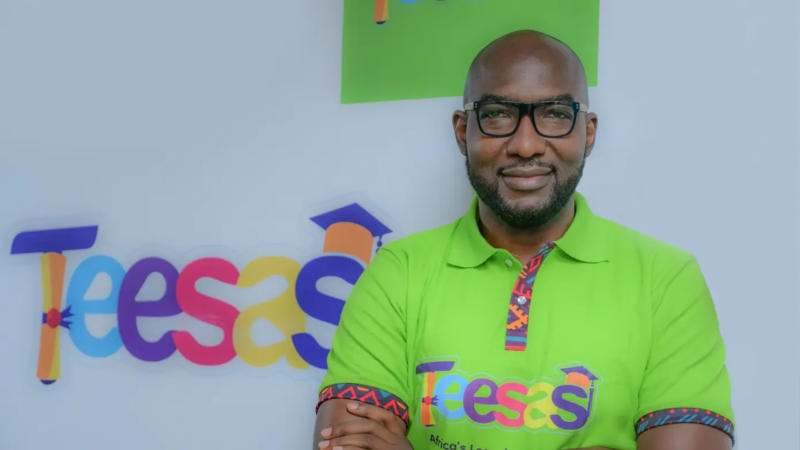This startup is on a fast track to success.
Despite only launching two months ago, edtech startup Teesas has secured $1.6 million in a pre-seed round to enhance Nigeria’s education sector through tutoring.
TechCrunch reports that the round was led by Haresh Aswani, Tolaram Group’s Africa managing director, and included others like Olivegreen Advisory Partners plus more.
The funds will propel the edtech startup into additional markets throughout Francophone, East, and Southern Africa. The investment will also create a marketplace to connect learners to more private lessons with tutors and integrate other products on the platform.
Teesas' Development
Teesas hit the ground running in March of 2020 with the support of edtech associates in India who served as the blueprint for lesson and content structure.
“I was looking at India because they are really advanced, and have some big companies like Byju leading the edtech revolution. I actually went out there to spend some time to really understand the model, and also looked at opportunities to improve on what they were doing…then we applied indigenous adaptation,” Teesas CEO Osayi Izedonmwen said, according to TechCrunch.
Teesas’ plans to incorporate local art, food, animals, cultural practices, and languages into the learning experience as the company model continues to mature.
“Teesas is going to have the biggest impact on the future of education in Africa. And I really want to be certain that I’m putting my best effort in leading that transformation – that’s why I’m focusing on it fully,” Izedonmwen said, according to TechCrunch.
How Teesas Enriches Learning
Currently, learners are in sync with Nigeria’s national curriculum. Offerings include live and recorded formats, coursework, and local language classes.
“Live classes deal with concepts where learners have challenges. The learners sit with teachers in small remote classes of 10 or 15 for a personalized engagement, and to get more rigor into the teaching process,” Izedonmwen told TechCrunch.
As the company looks ahead, it plans to adopt full-curriculum modules for learners up to the age of 12.
“We foresee a future where kids don’t have to attend in-person classes because they can cover entire curriculums on an app, and be ready enough for their secondary school entrance exams,” Izedonmwen said.
By next year the company hopes to incorporate life-skill classes and anti-bullying lessons to better equip students in the real world.


